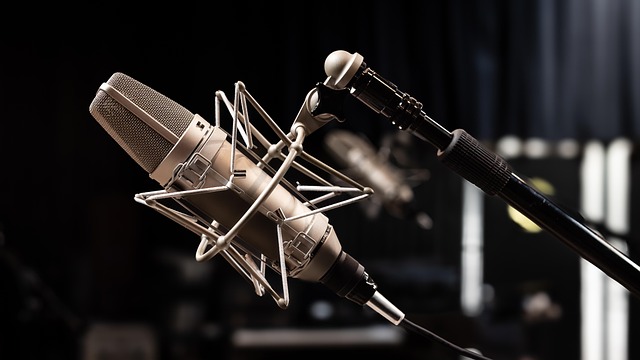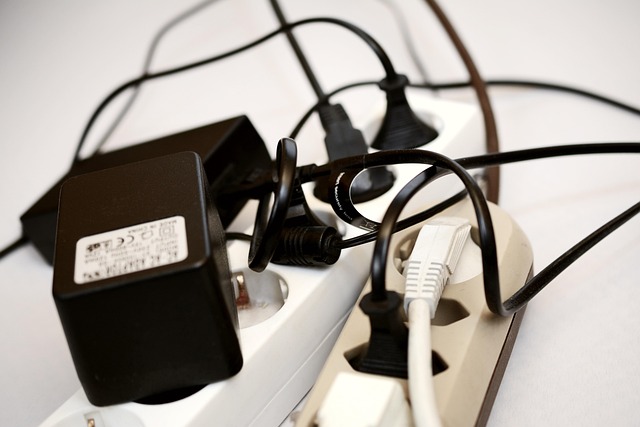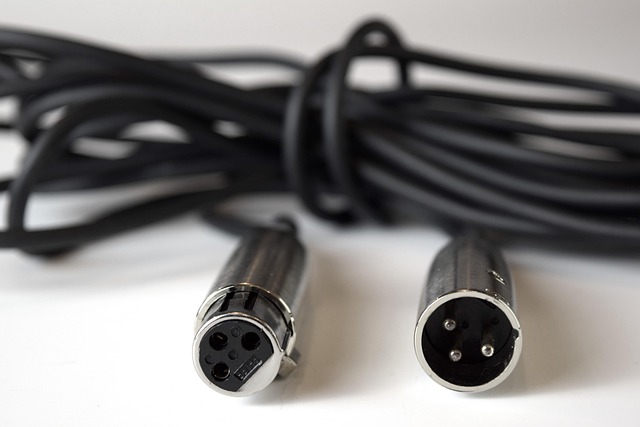Understanding the Basics of Plug Connectors
When it comes to cable management and connectivity, few components are as essential as the plug connector. These small, often overlooked pieces of hardware play a vital role in ensuring that our devices communicate seamlessly. Whether you’re an audiophile setting up a sound system, a tech enthusiast building a custom PC, or simply someone who wants their home entertainment system to run smoothly, understanding plug connectors can empower you to make informed choices.
The Role of Plug Connectors in Our Daily Lives
Plug connectors are everywhere, from the power cords of kitchen appliances to the cables connecting your laptop to a monitor. They act as the bridge between different parts of our devices, ensuring power and data transfer occurs without a hitch. Just imagine trying to connect your phone to a charger without a compatible plug connector—it would be frustrating, to say the least!
Types of Plug Connectors
Plug connectors come in a range of types and styles, each designed for specific uses. Here are some of the most common:
- USB Connectors: Essential for data transfer and charging, USB connectors have become standard for many devices.
- HDMI Connectors: These are crucial for transmitting high-definition video and audio from devices like TVs and projectors.
- Power Connectors: Used to supply electricity, power connectors can range from simple two-prong plugs to complex multi-pin configurations.
- Ethernet Connectors: Key for network connectivity, these connectors are vital for connecting devices to a local area network.
Choosing the Right Plug Connector
Selecting the right plug connector is more than just grabbing the first option you see at the store. It’s about understanding the specifications and requirements of your device. Here are a few tips to guide you:
- Check Compatibility: Always ensure that the connector fits both your cable and device.
- Consider the Application: Think about what you’ll be using the connector for. Will it be for high-quality audio, video, or power?
- Quality Matters: Opt for connectors from reputable brands to ensure durability and performance.
Maintaining Your Plug Connectors
The performance of your plug connectors can be greatly affected by wear and tear. Here are a few maintenance tips to prolong their lifespan:
- Keep Them Clean: Dust and debris can hinder connectivity. Regularly clean your connectors with a soft cloth.
- Avoid Pulling on Cables: When disconnecting, always pull on the connector and not the cable itself to avoid damage.
- Store Properly: When not in use, store cables and connectors in a safe place to prevent tangling and damage.
Conclusion
Armed with a deeper understanding of plug connectors, you can confidently tackle any cable-related project, enhancing your connectivity experience like never before. Whether you’re assembling a home theater setup or simply ensuring your devices work seamlessly, the right plug connectors can make all the difference.



